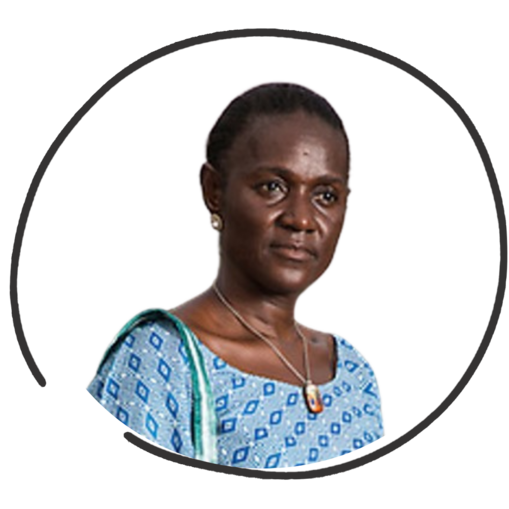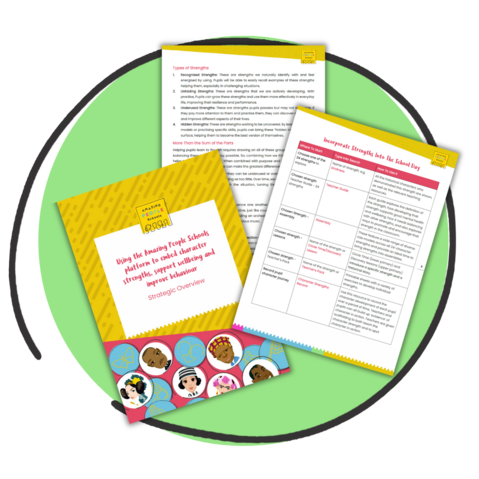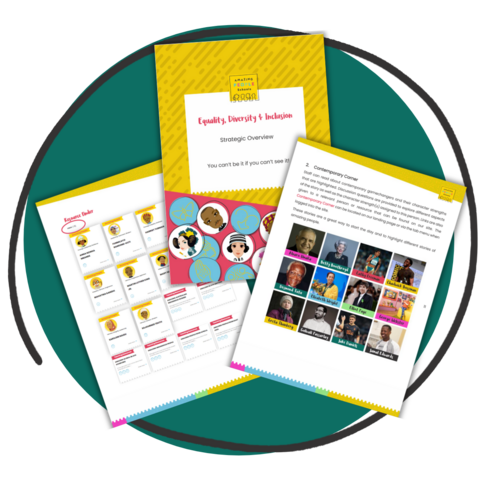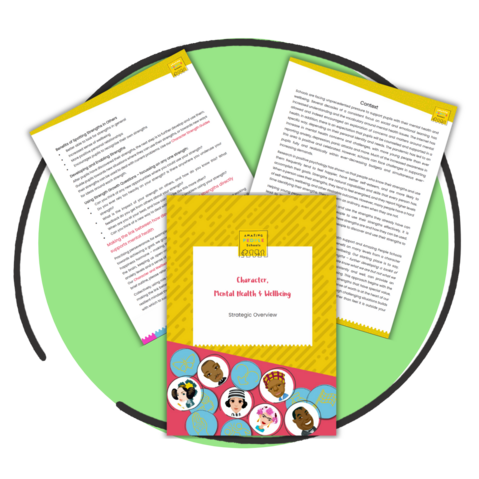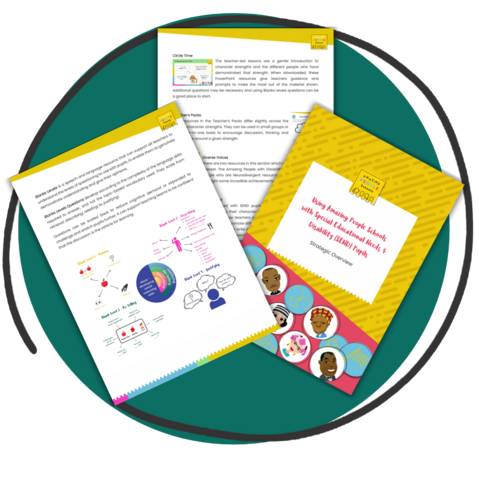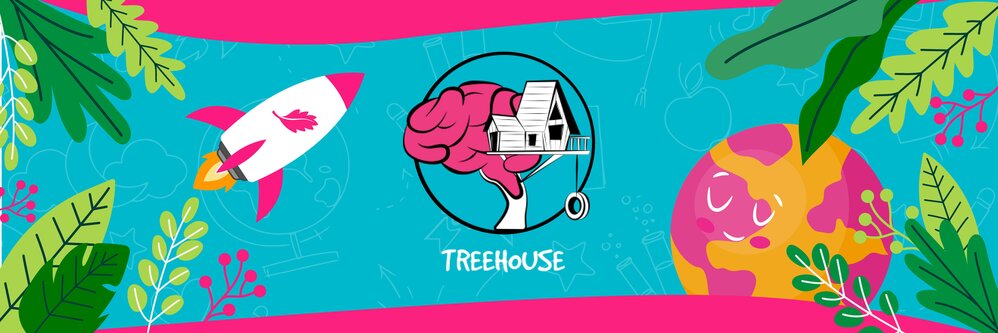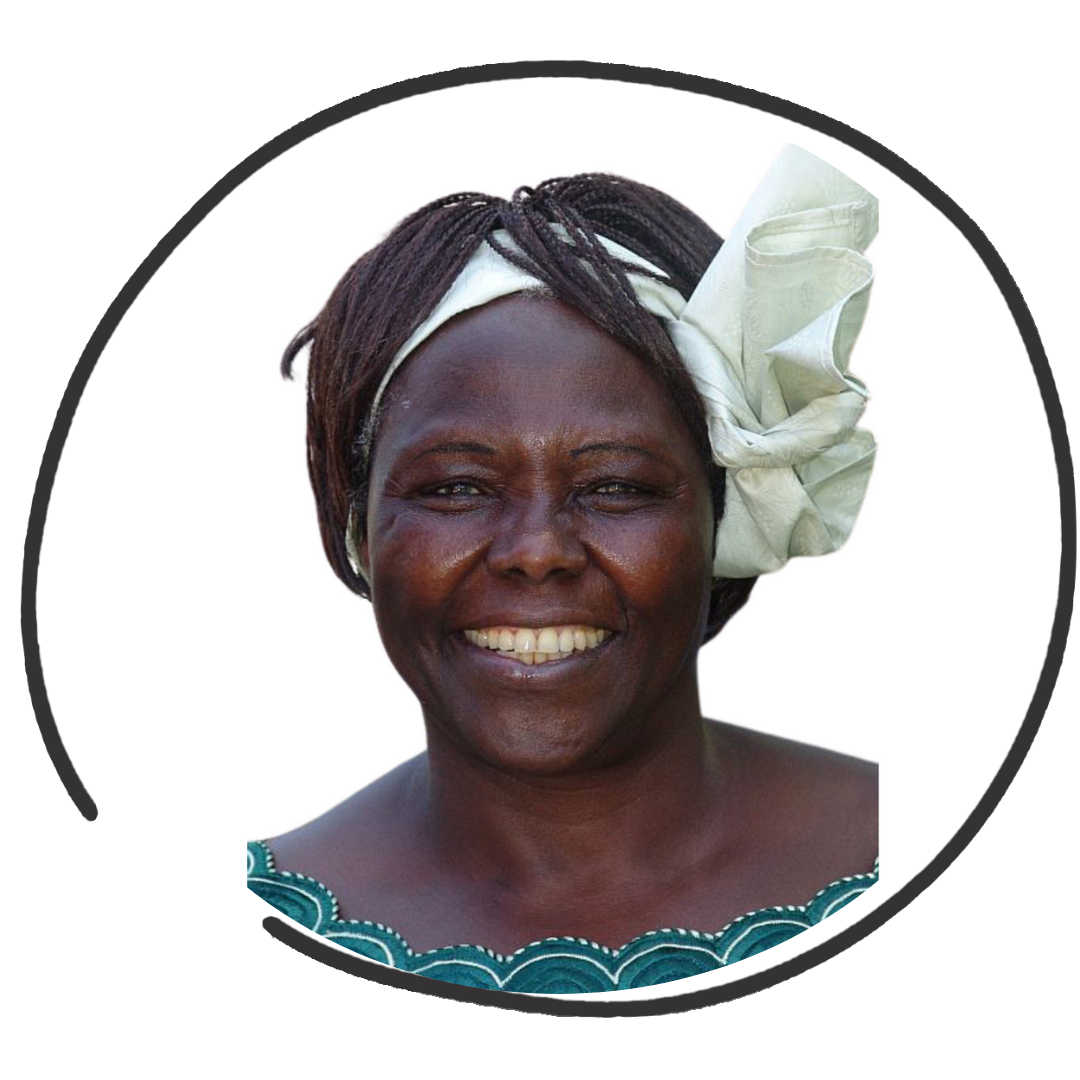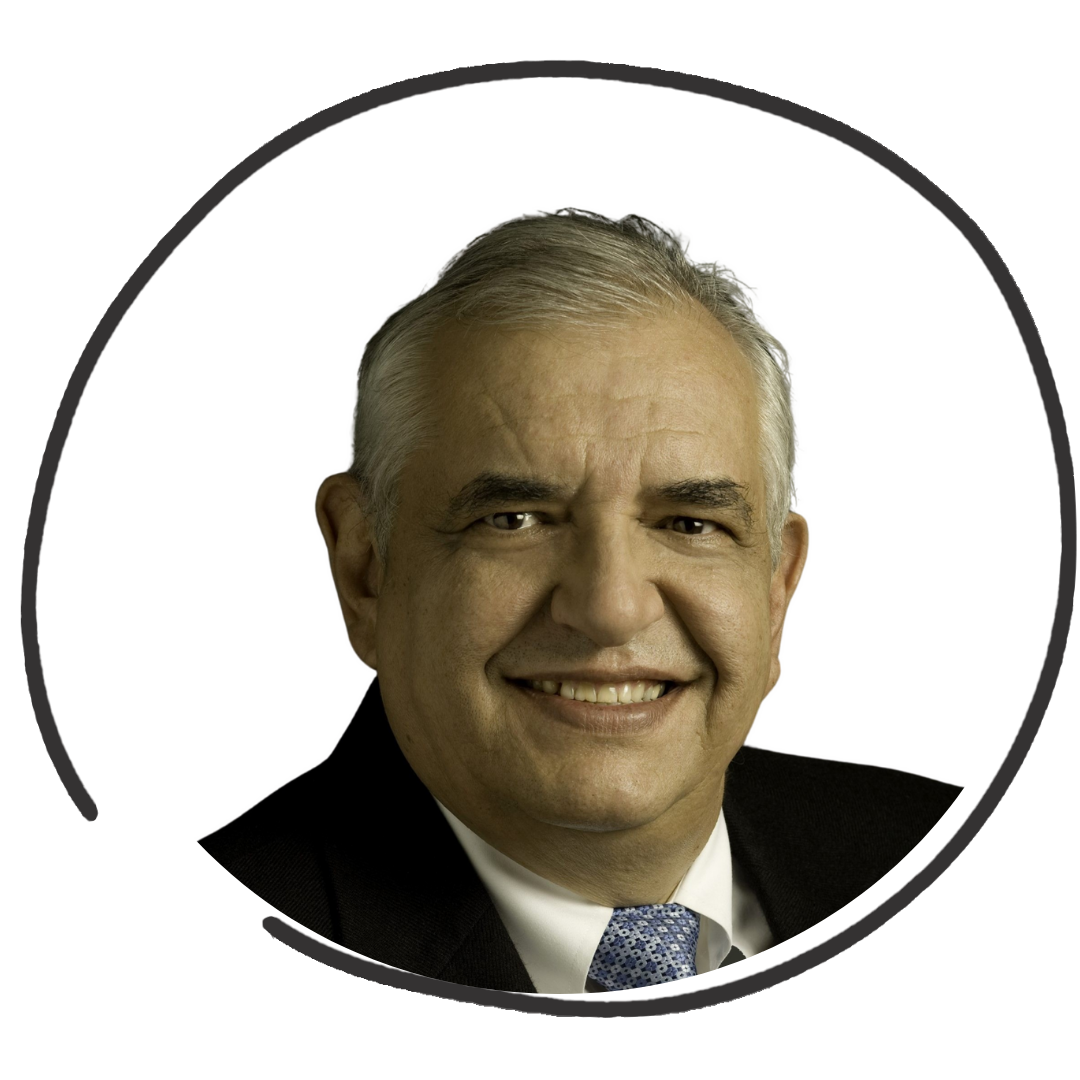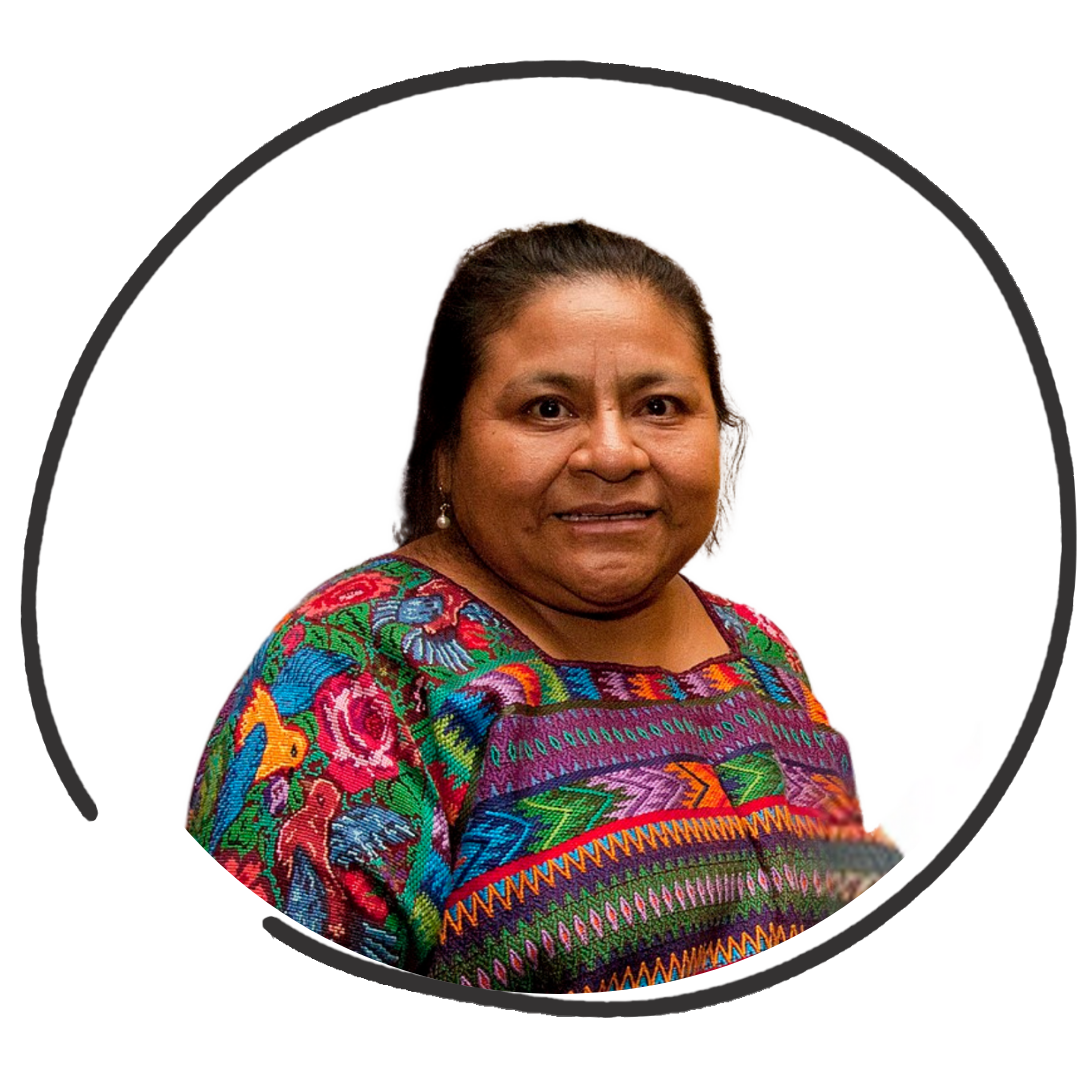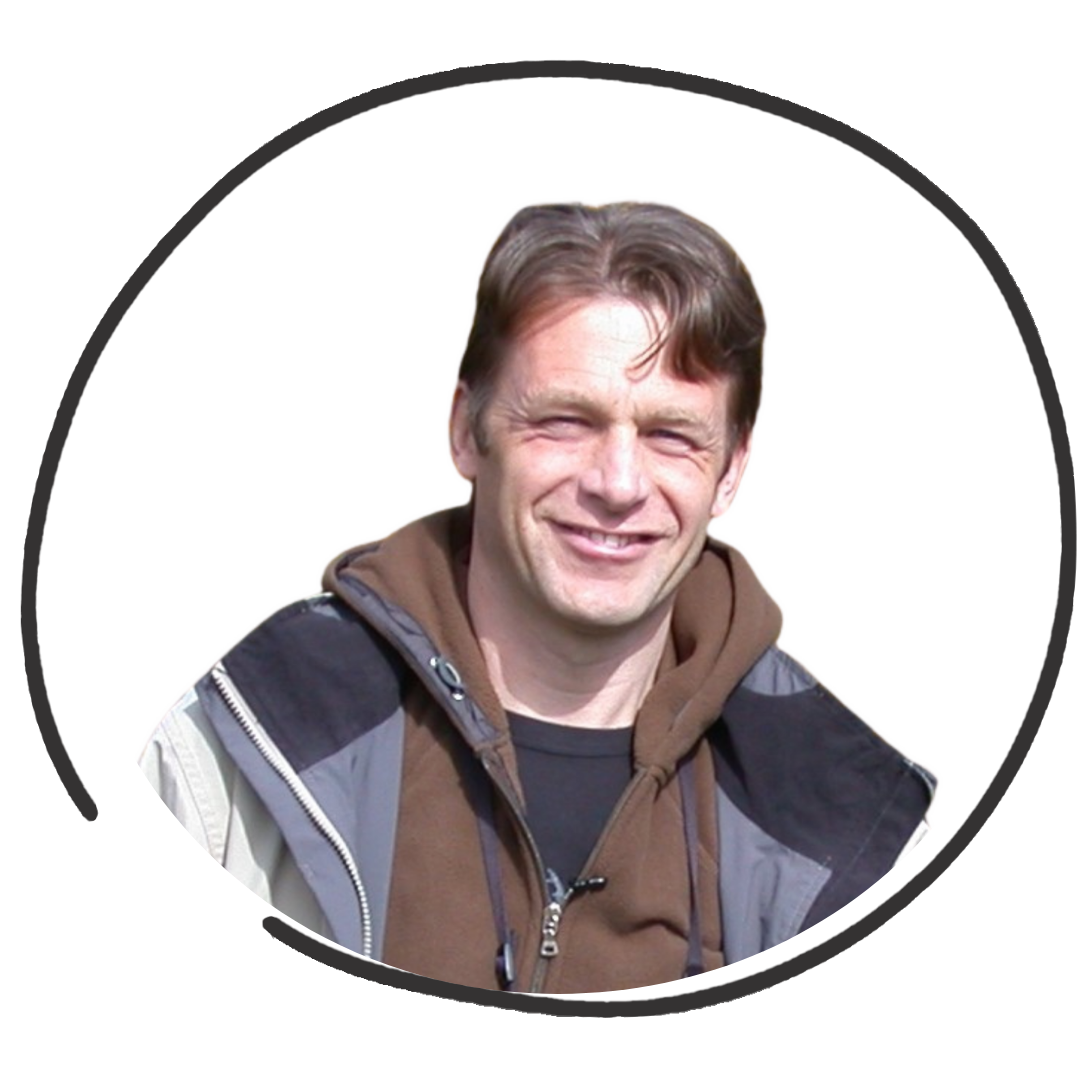Who Am I?
As a child, Isatou grew up in poverty in N’jau, the Gambia, with her two sisters and brother. Her family were farmers, but sadly, her father died when she was only 10, and she was obliged to work rather than continue at high school to help support the family. This was a fact for many in the Gambia, where 75% of children have little to no access to education opportunities.
Isatou was a very bright and creative child, always making things out of scraps, like toys for her and her friends to play with. Her creativity continued despite her having to work in various jobs, and she also made and sold things for money. She loved learning new things.
Selling a cow that she had inherited, she used the money to attend Gambia Technical Training Institute, where she trained as a secretary. Following this, she joined the US Peace Corps, and this is where she learned more about the environment and recycling waste materials. Little did she know this would be a significant step in her leading the way to change not only to the lives of those in her community, but also to the world around her.
What Am I Known For?
Isatou was aware of the many problems that the waste and dumping were causing in her community. But she believed that something could be done about it and set about making change happen. Not only was the dumping of waste, and especially plastic bags, unsightly, but it was also causing a lot of harm to the people’s health, affecting the soil quality and, therefore, crops and causing outbreaks of malaria from mosquitos. She and her sister started to siphon through the rubbish piles and dig out all the plastic bags they could find. They cleaned them and started to use strands of the plastic to make things out of crochet. They called the material ‘plarn’ – short for ‘plastic yarn’.
She gathered a group of women, and, together, they all started to do the same, making purses and shoulder bags from the ‘plarn’. It didn’t take long before her group of women grew to over 50, and she called it the N’jau Recycling and Income Generation Group (NRIGG).
Thanks to her leadership skills, the women of N’jau were now able to save money. She taught them how to manage their earnings, which they used to support their families, something which had never been possible before. At first, their work was frowned upon, as women were expected to tend to the home and children and not be independent earners. In time, though, the community began to recognise the benefit to everyone from not only reducing the waste and recycling it but also the new opportunities that they were not previously able to afford, especially education and schooling. Isatou became known as the ‘Queen of Recycling’.
The recycling grew from using only plastic bags and evolved into a major undertaking for the women of the NRIGG. Scrap metal was sold, old tyres were turned into bags and jewellery, paper was transformed into beads, and food waste was composted. The ideas and creativity grew, and their efforts to recycle and save the environment spread into other villages. Isatou shared her knowledge with others, and in 2009, she began to lead the Swedish NGO – Future In Our Hands project, working with communities right across the Gambia.
Isatou has never given up on her dream to make the world a better place. From her simple recycling project in 1998, to being awarded a TIAW ‘Difference Maker’ award in Washington, DC, her optimism and leadership has inspired many to also get involved and make a difference. She founded the Women’s Initiative Gambia, and also tours the world sharing her story, which was also made into a book by Miranda Paul, titled ‘One Plastic Bag: Isatou Ceesay and the Recycling Women of the Gambia’.
